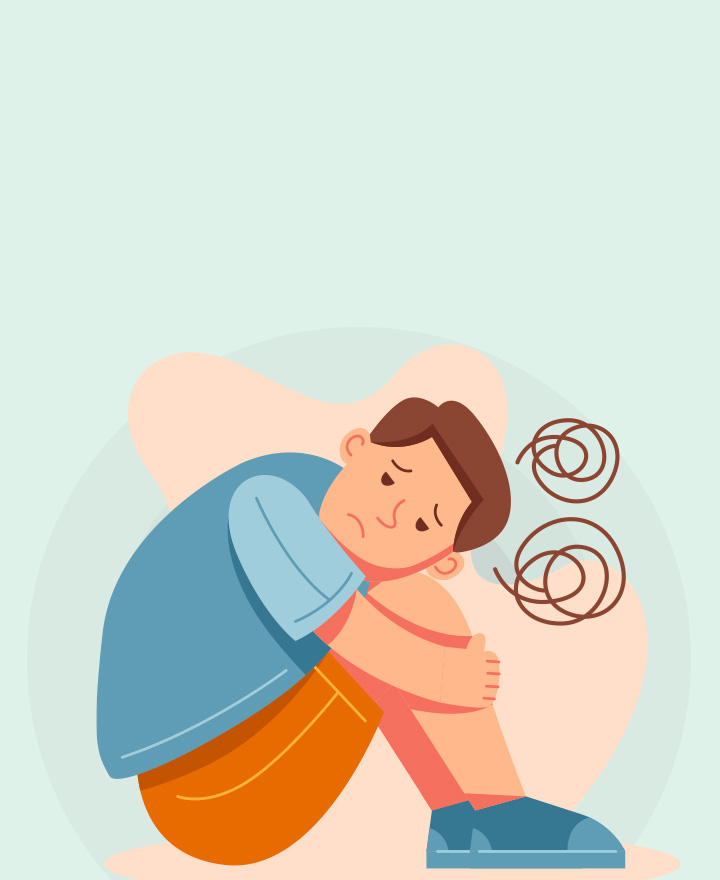

Understanding Child Likes & Dislikes – Complete Guide
Children naturally develop strong likes and dislikes as they explore the world and express their developing personalities. These preferences are normal and should not cause parents to overreact. Instead, understanding and patience can help parents interpret them as part of their child's growth. Your child's preferences will change over time as they learn and grow. Read on to know more.
Why Children Develop Strong Likes and Dislikes?
Children are continuously learning about the world around them, and part of that process involves forming opinions about things they enjoy or dislike. Personal experiences, moods, and even their developing personalities pave the way for these feelings. The child likes and dislikes examples are that they may love a particular colour or food simply because it gives them joy or comfort. They may dislike something because it feels unfamiliar or challenging. This way they are assertive of their individuality and start making sense of their environment.
Strong likes and dislikes also come from a child’s need for control. As your child grows, they start to realise they can make their own choices. They gain a sense of independence by picking what they want or don't want. Whether it’s deciding which story to read at bedtime or which game to play, these decisions give them a sense of power over their world.
Why Parents Shouldn’t Overreact
It’s easy for parents to worry when their child’s preferences seem extreme. A child who refuses to eat vegetables or insists on wearing the same clothes every day might make you feel stressed or like you’re doing something wrong. But it’s important to remember that strong children likes and dislikes are completely normal. They don’t define your child’s future or suggest something is wrong with them.
When parents overreact to a child's likes or preferences, they can unintentionally make the child feel guilty or wrong for having them. Instead, embracing these feelings with understanding can foster a good environment for them to be expressed. It is vital to note that a child’s likes and dislikes are part of their development and personality building. This situation also gives parents an opportunity to practice patience, flexibility, and guidance rather than trying to force the child into a mold.
Conclusion
So, next time your child insists on wearing the same superhero T-shirt or refuses to eat anything green, take a deep breath and remember—it’s all part of their journey. Kids are figuring out who they are, and their likes and dislikes are simply stepping stones along the way. Over time, these strong feelings will shift, and new interests will emerge. For now, let them explore and express themselves—it’s part of growing up, and it’s all perfectly normal!
One important thing you shouldn’t miss is a health insurance plan. It safeguards your family’s medical needs and ensures better treatment.
One of the important components of our overall wellness is also being financially secured. Healthcare emergencies can happen any time, but a good health insurance policy can protect you from such uncertain situations. To know more about Wellness and other health related tips, visit the wellness corner.
Sources: howtoadult.com, marenschmidt.com
Disclaimer: This blog provides general information and discussions about health and related subjects. The information and other content provided in this blog, website or any linked materials are not intended and should not be considered or used as a substitute for medical advice, diagnosis, or treatment. Kindly contact your doctor before starting a new medicine or health regime.
Related Articles
Proven Ways to Raise Happy Kids
Things You Needs To Know About Childhood Depression
Signs of Mental Health Issues in Young Children
Children With Anxiety - Symptoms and How to Help
Teaching Kids to Think Before They Speak
Published on March 4, 2025
























 Health Insurance
Health Insurance  Travel Insurance
Travel Insurance  Car Insurance
Car Insurance  Cyber Insurance
Cyber Insurance  Critical Illness Insurance
Critical Illness Insurance
 Pet Insurance
Pet Insurance
 Bike/Two Wheeler Insurance
Bike/Two Wheeler Insurance  Home Insurance
Home Insurance  Third Party Vehicle Ins.
Third Party Vehicle Ins.  Tractor Insurance
Tractor Insurance  Goods Carrying Vehicle Ins.
Goods Carrying Vehicle Ins.  Passenger Carrying Vehicle Ins.
Passenger Carrying Vehicle Ins.  Compulsory Personal Accident Insurance
Compulsory Personal Accident Insurance  Travel Insurance
Travel Insurance  Rural
Rural